Best Tourist Destinations for International Visitors in Egypt
Egypt is one of the most fascinating and historic countries in the world, renowned for its ancient civilization, cultural heritage, and natural beauty. Here’s a detailed guide to Egypt’s top tourist destinations, including their significance, features, local cuisine, natural products, and festivals:
1. Cairo
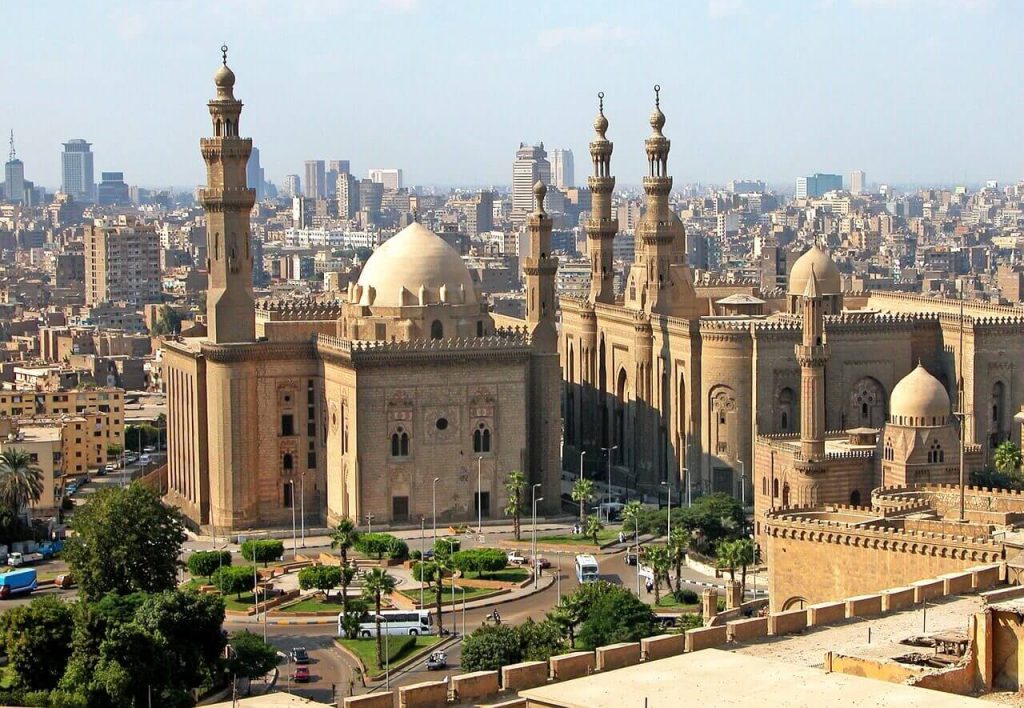
Key Attractions:
- Pyramids of Giza:
- Details: Located near Cairo, these pyramids are among the Seven Wonders of the Ancient World. Each pyramid was built for an ancient Egyptian pharaoh.
- Features: The grand shape of the pyramids, ancient relics.
- Special Dishes: In Cairo, falafel and koshari (a dish made of rice, lentils, and macaroni) are popular.
- Natural Products: Various vegetables and fruits are grown around Cairo.
- Egyptian Museum:
- Details: Houses the world’s largest collection of Egyptian antiquities, including the treasures of Tutankhamun’s tomb.
- Features: Ancient Egyptian artifacts, mummies exhibition.
- Special Dishes: Egyptian sweets and traditional foods are available in local markets.
- Islamic Cairo:
- Details: Home to historical mosques, markets, and examples of Islamic architecture.
- Features: Islamic architecture, bustling markets.
- Special Dishes: Famous foods include molokhia (leaf stew) and kebab.
2. Aswan
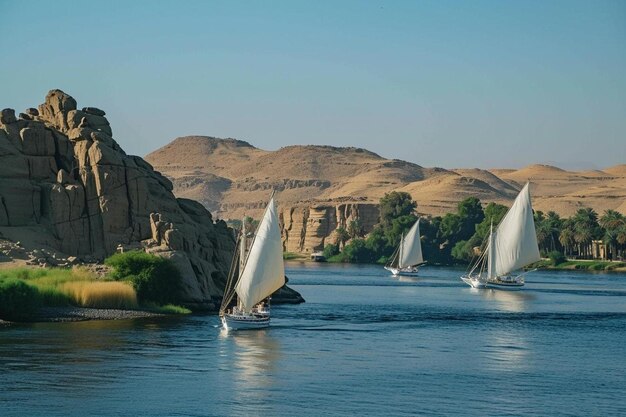
- Key Attractions:
- Abu Simbel:
- Details: Famous temples from the Renaissance period, showcasing the grandeur of Ramses II’s era.
- Features: Magnificent rock statues, temple carvings.
- Special Dishes: Local dishes in Aswan include beyda (meat or chicken dishes).
- Natural Products: Aswan’s dates are highly renowned.
- Philae Island:
- Details: Location of ancient Egyptian temples situated in the middle of the river.
- Features: Temple views with water, ancient Egyptian carvings.
- Special Dishes: Local cuisine includes koshari and shish kebab.
- Aswan High Dam:
- Details: A major water reservoir that controls the Nile River.
- Features: A marvel of engineering, significance of the river.
- Abu Simbel:
3. Alexandria
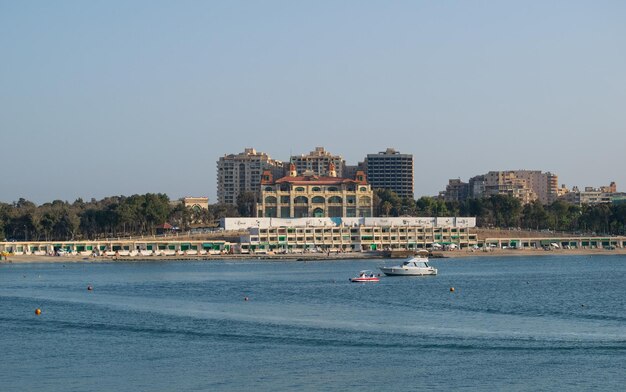
- Key Attractions:
- Bibliotheca Alexandrina:
- Details: A modern library that commemorates the famous ancient Library of Alexandria.
- Features: Modern architecture, extensive library.
- Special Dishes: Seafood in Alexandria, especially fish dishes.
- Catacombs of Kom el-Shoqafa:
- Details: A confluence of ancient Egyptian, Greek, and Roman architecture.
- Features: Underground tombs, clay statues.
- Qaitbay Citadel:
- Details: A historic fortress located on the Alexandria coastline.
- Features: Beautiful sea views, historic architecture.
- Bibliotheca Alexandrina:
4. Luxor
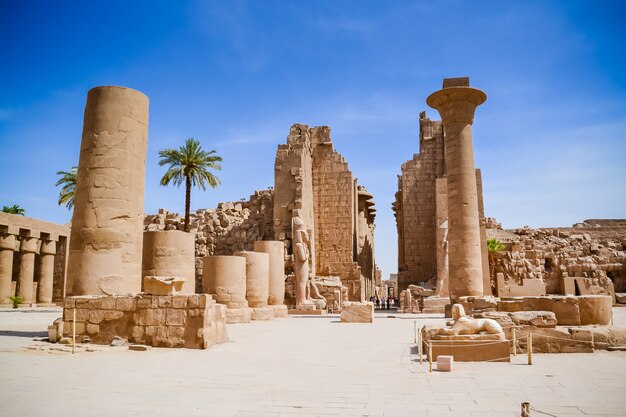
- Key Attractions:
- Valley of the Kings:
- Details: The site of tombs of ancient Egyptian pharaohs.
- Features: Tombs of mummies, beautiful wall paintings.
- Special Dishes: Local dishes in Luxor include kabsa and couscous.
- Karnak Temple:
- Details: The largest religious site of the ancient Egyptians, with construction spanning several centuries.
- Features: Large columns, historical temple ruins.
- Luxor Temple:
- Details: A historic temple located in the center of the city.
- Features: Beautiful view with evening lights.
- Valley of the Kings:
5. Hurghada and Sharm El Sheikh
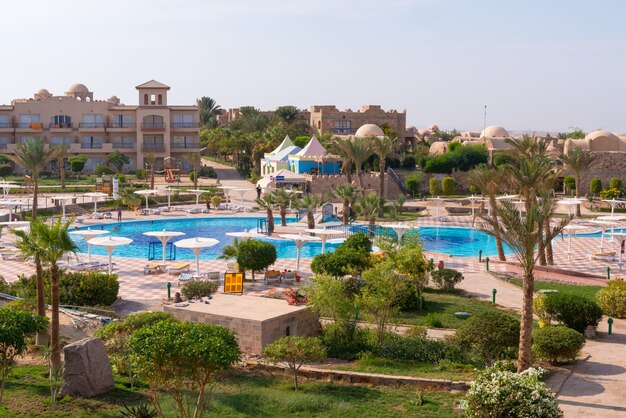
- Key Attractions:
- Suez Canal:
- Details: One of the world’s most important maritime passages.
- Features: Important for maritime travel, ships from various shipping companies.
- Red Sea Desert:
- Details: A beautiful desert located on the Red Sea coast.
- Features: Water sports, beach entertainment.
- Thiba:
- Details: A coastal resort known for snorkeling and diving.
- Features: Clear water, colorful corals.
- Suez Canal:
6. Mersa Matruh
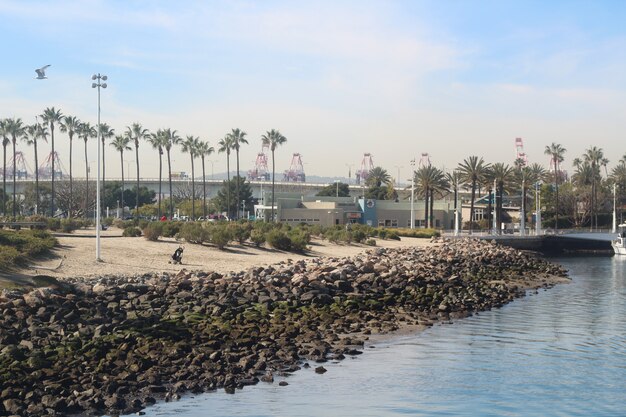
- Key Attractions:
- Beaches:
- Details: Beautiful and serene beaches.
- Features: Blue water, soft sand.
- Special Dishes: Local seafood, particularly marine dishes.
- Siwa Oasis:
- Details: A beautiful verdant oasis famous for its desert beauty.
- Features: Mineral springs, ancient traditions.
- Beaches:
Summary
Egypt’s tourist destinations are rich in historical heritage, cultural significance, and natural beauty. The great pyramids and Islamic historical sites in Cairo, Abu Simbel and Philae Island in Aswan, the modern library and historical forts in Alexandria, the historic temples in Luxor, and the coastal beauty of Sharm El Sheikh and Mersa Matruh are all captivating locations for international travelers.
Each location offers unique dishes, natural products, and festive traditions that provide a memorable experience. When traveling in Egypt, enjoy the diversity and beauty of these various places and try to understand the unique culture and traditions of each region.
Egypt Travel Itinerary
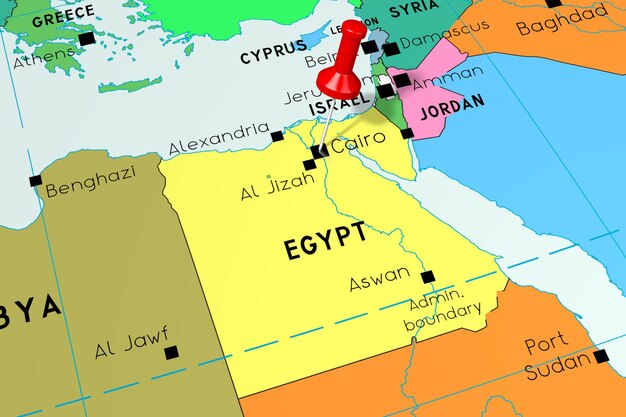
This itinerary is designed for international travelers wishing to explore various tourist sites in Egypt. It starts from Cairo and takes you through Egypt’s key tourist spots, including travel distances, modes of travel, and details of hotels for different budgets.
Day 1: Arrival in Cairo
- Arrival:
- Airport: Cairo International Airport.
- Accommodation Options:
- Elite: Four Seasons Hotel Cairo – Central Cairo, luxury rooms, swimming pool, spa.
- Medium: Holiday Inn Cairo – Near the city center, comfortable rooms, fitness center.
- Economy: Ibis Cairo – Central Cairo, basic but clean rooms, affordable prices.
- Activities:
- Tour of Cairo Corniche and Islamic Cairo.
Day 2: Cairo to Giza
- Travel:
- Distance: About 30 km, 45-minute drive.
- Mode: Taxi or private car.
- Travel Time: 45 minutes.
- Activities:
- Visit Pyramids of Giza, Egyptian Museum.
- Accommodation Options:
- Elite: Mena House Hotel Giza – Near the pyramids, luxury rooms, scenic views.
- Medium: Hilton Giza – Near the pyramids, comfortable rooms, dining facilities.
- Economy: Ibis Giza – Close to Giza, basic rooms, affordable prices.
Day 3: Cairo to Alexandria
- Travel:
- Distance: About 220 km, 2.5 to 3-hour drive.
- Mode: Train or private car.
- Travel Time: 2.5 to 3 hours.
- Activities:
- Visit Bibliotheca Alexandrina, Qaitbay Citadel, Catacombs of Kom el-Shoqafa.
- Accommodation Options:
- Elite: Four Seasons Hotel Alexandria – Beachfront, luxury rooms, swimming pool.
- Medium: Hilton Alexandria – Central city, comfortable rooms, dining facilities.
- Economy: Ibis Alexandria – Central Alexandria, basic rooms, affordable prices.
Day 4: Alexandria to Luxor
- Travel:
- Distance: About 670 km, 1.5 to 2-hour flight.
- Mode: Flight or private car.
- Travel Time: 1.5 to 2 hours by flight, 8 to 10 hours by car.
- Activities:
- Visit Valley of the Kings, Karnak Temple, Luxor Temple.
- Accommodation Options:
- Elite: Sofitel Luxor – Nile riverside, luxury rooms, swimming pool.
- Medium: Mercure Luxor – Near the city, comfortable rooms, dining facilities.
- Economy: Ibis Luxor – Central Luxor, basic rooms, affordable prices.
Day 5: Luxor to Aswan
- Travel:
- Distance: About 220 km, 3 to 4-hour drive.
- Mode: Train or private car.
- Travel Time: 3 to 4 hours.
- Activities:
- Visit Abu Simbel, Philae Island, Aswan High Dam.
- Accommodation Options:
- Elite: Sofitel Aswan – Nile riverside, luxury rooms, swimming pool.
- Medium: Hilton Aswan – Near the city, comfortable rooms, dining facilities.
- Economy: Ibis Aswan – Central Aswan, basic rooms, affordable prices.
Day 6: Aswan to Sharm El Sheikh
- Travel:
- Distance: About 600 km, 1.5 to 2-hour flight.
- Mode: Flight or private car.
- Travel Time: 1.5 to 2 hours by flight, 8 to 10 hours by car.
- Activities:
- Visit Red Sea beaches, snorkeling, and diving.
- Accommodation Options:
- Elite: Rixos Resort Sharm El Sheikh – Beachfront, luxury rooms, swimming pool, water activities.
- Medium: Hilton Sharm El Sheikh – Near the beach, comfortable rooms, dining facilities.
- Economy: Ibis Sharm El Sheikh – Central Sharm, basic rooms, affordable prices.
Day 7: Sharm El Sheikh to Cairo
- Travel:
- Distance: About 500 km, 1.5 to 2-hour flight.
- Mode: Flight or private car.
- Travel Time: 1.5 to 2 hours by flight, 6 to 8 hours by car.
- Activities:
- Last-minute shopping and relaxation in Cairo.
- Accommodation Options:
- Choose based on previous stay or new preferences in Cairo.
Summary
This itinerary allows you to experience Egypt’s major attractions and cultural sites in a well-rounded way. Whether exploring ancient pyramids, enjoying modern libraries, or relaxing on the Red Sea coast, each location offers unique experiences and beautiful landscapes. Choose accommodations based on your budget and preferences, and enjoy the rich heritage and beauty that Egypt has to offer!
Certainly! Traveling to Egypt is an exciting adventure, with its rich history and stunning landscapes. Here’s a comprehensive guide for tourists from around the world, including travel guidelines and visa requirements.
Travel Guidelines to Egypt
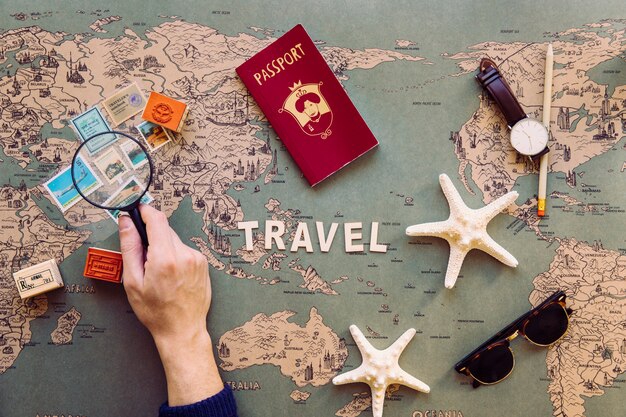
- Check Travel Advisories:
- Before planning your trip, check the latest travel advisories from your home country’s government. This helps ensure your safety and provides updated information on any potential travel restrictions or issues.
- Health and Safety:
- Vaccinations: No mandatory vaccinations are required for entry into Egypt, but routine vaccinations (e.g., measles, mumps, rubella) should be up-to-date. Hepatitis A and B vaccines are recommended.
- Travel Insurance: Obtain comprehensive travel insurance covering health, accidents, and theft.
- Local Health Facilities: Familiarize yourself with local health facilities and emergency contact numbers.
- Currency:
- The local currency is the Egyptian Pound (EGP). It’s advisable to carry some local currency, though credit cards are widely accepted in major cities and tourist areas.
- Language:
- Arabic is the official language, but English is commonly spoken in tourist areas.
- Weather:
- Egypt has a desert climate with hot, dry summers and mild winters. Pack accordingly, with light clothing for the day and warmer layers for cooler evenings, especially if you’re visiting during winter.
- Local Customs:
- Dress modestly, especially when visiting religious sites. Women should cover their shoulders and avoid short skirts or shorts.
- Respect local customs and traditions. Public displays of affection are frowned upon.
Visa Requirements for Egypt
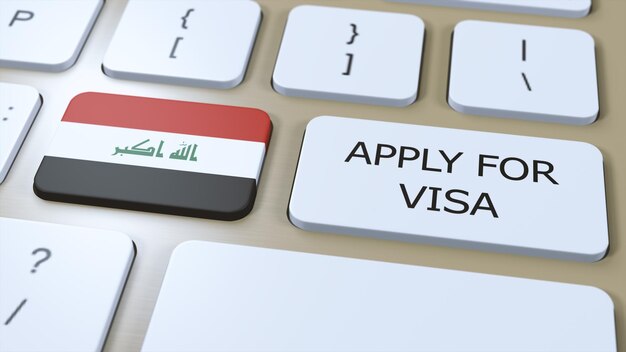
Visa requirements can vary depending on your nationality. Here’s a general overview:
- Visa on Arrival:
- Citizens of many countries can obtain a visa on arrival at Egyptian airports. This visa is typically valid for 30 days. Check if your country is eligible for this option.
- E-Visa:
- Many nationalities can apply for an e-visa online before traveling. The e-visa is generally valid for 30 days and is convenient as it avoids the need to obtain a visa on arrival. Visit the official e-visa website for Egypt to apply.
- Consular Visa:
- If your country is not eligible for an e-visa or visa on arrival, you will need to apply for a visa through an Egyptian embassy or consulate in your home country. Contact the nearest Egyptian diplomatic mission for detailed instructions.
Special Considerations:
- Group Tours:
- If traveling with a tour operator, ensure that your visa and travel documents are in order as per the tour company’s requirements.
- Dual Nationality:
- If you hold dual nationality, check which passport should be used for entering Egypt and ensure that all documents are in order.
- Extended Stays:
- If you plan to stay longer than 30 days, you may need to apply for an extension of your visa or a different type of visa.
Arrival in Egypt:
- Airport Procedures:
- Upon arrival, go through passport control and present your visa (if required). Customs regulations are in place for declaring items like large sums of cash or restricted goods.
- Transport:
- Arrange for airport transfers in advance or use reputable taxi services. Many hotels offer airport pick-up services.
- Local SIM Card:
- Consider purchasing a local SIM card for better connectivity and lower rates on local calls and data.
- Emergency Contacts:
- Keep a list of emergency contacts, including the local embassy or consulate, and the contact number of your accommodation.
Certainly! Traveling to Egypt is an exciting adventure, with its rich history and stunning landscapes. Here’s a comprehensive guide for tourists from around the world, including travel guidelines and visa requirements.
Travel Guidelines to Egypt
1.Check Travel Advisories:
Before planning your trip, check the latest travel advisories from your home country’s government. This helps ensure your safety and provides updated information on any potential travel restrictions or issues.
2.Health and Safety:
- Vaccinations: No mandatory vaccinations are required for entry into Egypt, but routine vaccinations (e.g., measles, mumps, rubella) should be up-to-date. Hepatitis A and B vaccines are recommended.
- Travel Insurance: Obtain comprehensive travel insurance covering health, accidents, and theft.
- Local Health Facilities: Familiarize yourself with local health facilities and emergency contact numbers.
3.Currency:
The local currency is the Egyptian Pound (EGP). It’s advisable to carry some local currency, though credit cards are widely accepted in major cities and tourist areas.
4.Language:
Arabic is the official language, but English is commonly spoken in tourist areas.
5.Weather:
Egypt has a desert climate with hot, dry summers and mild winters. Pack accordingly, with light clothing for the day and warmer layers for cooler evenings, especially if you’re visiting during winter.
6.Local Customs:
- Dress modestly, especially when visiting religious sites. Women should cover their shoulders and avoid short skirts or shorts.
- Respect local customs and traditions. Public displays of affection are frowned upon.
Visa Requirements for Egypt
Visa requirements can vary depending on your nationality. Here’s a general overview:
1.Visa on Arrival:
Citizens of many countries can obtain a visa on arrival at Egyptian airports. This visa is typically valid for 30 days. Check if your country is eligible for this option.
2.E-Visa:
Many nationalities can apply for an e-visa online before traveling. The e-visa is generally valid for 30 days and is convenient as it avoids the need to obtain a visa on arrival. Visit the official e-visa website for Egypt to apply.
3.Consular Visa:
If your country is not eligible for an e-visa or visa on arrival, you will need to apply for a visa through an Egyptian embassy or consulate in your home country. Contact the nearest Egyptian diplomatic mission for detailed instructions.
Special Considerations:
Group Tours:
If traveling with a tour operator, ensure that your visa and travel documents are in order as per the tour company’s requirements.
Dual Nationality:
If you hold dual nationality, check which passport should be used for entering Egypt and ensure that all documents are in order.
Extended Stays:
If you plan to stay longer than 30 days, you may need to apply for an extension of your visa or a different type of visa.
Arrival in Egypt:
Airport Procedures:
Upon arrival, go through passport control and present your visa (if required). Customs regulations are in place for declaring items like large sums of cash or restricted goods.
Transport:
Arrange for airport transfers in advance or use reputable taxi services. Many hotels offer airport pick-up services.
Local SIM Card:
Consider purchasing a local SIM card for better connectivity and lower rates on local calls and data.
Emergency Contacts:
- Keep a list of emergency contacts, including the local embassy or consulate, and the contact number of your accommodation.
By following these guidelines and ensuring you have the necessary documentation, your trip to Egypt should be smooth and enjoyable. Have a fantastic journey exploring the wonders of this ancient land!
Travel and Visa Requirements for Visitors from Pakistan
Visa Requirements:
Tourist Visa:
- E-Visa: Pakistani citizens are eligible for an e-visa. You can apply online through the official Egyptian e-visa portal. The e-visa is usually valid for 30 days and allows for single or multiple entries.
- Visa on Arrival: Pakistani passport holders generally cannot obtain a visa on arrival and must obtain a visa before traveling.
Consular Visa:
- If not applying for an e-visa, you must apply for a tourist visa through the Egyptian Embassy or Consulate in Pakistan. You’ll need to provide:
- A completed visa application form.
- A valid passport with at least six months validity from the date of entry.
- Recent passport-sized photographs.
- Proof of travel arrangements (flight tickets, hotel bookings).
- Proof of sufficient financial means for the duration of your stay.
- Visa fee payment.
Travel Guidelines:
Health and Safety:
- Vaccinations: Ensure routine vaccinations are up-to-date. Hepatitis A and B vaccines are recommended.
- Travel Insurance: Obtain comprehensive travel insurance.
Currency:
Carry some Egyptian Pounds (EGP) for local expenses. ATMs and credit card facilities are available in major cities.
Language:
English is widely spoken in tourist areas, but learning a few basic Arabic phrases can be helpful.
Local Customs:
Dress modestly, especially when visiting religious sites. Be mindful of local customs and traditions.
Travel and Visa Requirements for Visitors from India
Visa Requirements:
Tourist Visa:
- E-Visa: Indian passport holders can apply for an e-visa online, which is typically valid for 30 days and allows for single or multiple entries. This process is straightforward and avoids the need for a visit to the embassy.
- Consular Visa: If you prefer or if the e-visa is not an option for your situation, you can apply for a tourist visa through the Egyptian Embassy or Consulate in India. Required documents generally include:
- A completed visa application form.
- A passport valid for at least six months.
- Recent passport-sized photographs.
- Proof of travel arrangements and accommodation.
- Proof of sufficient financial means.
- Visa fee payment.
Travel Guidelines:
Health and Safety:
- Vaccinations: Routine vaccinations should be current. Hepatitis A and B vaccinations are advisable.
- Travel Insurance: Purchase comprehensive travel insurance.
Currency:
Bring Egyptian Pounds (EGP) for cash transactions. Credit cards are accepted in many places.
Language:
While English is commonly used in tourist areas, knowing a few basic Arabic phrases can be useful.
Local Customs:
Dress modestly and respect local traditions. Public displays of affection should be minimal.
General Tips for Both Nationalities:
Flight Arrangements:
Book flights to major international airports in Egypt such as Cairo International Airport (CAI), which is the primary gateway.
Accommodation:
Book your accommodation in advance, especially if you’re visiting popular tourist destinations.
Local Transport:
Arrange airport transfers in advance or use reliable taxi services.
Emergency Contacts:
- Keep a list of emergency contacts, including the Egyptian Embassy or Consulate, and the contact details of your accommodation.
By following these guidelines and ensuring you have the required visa, your trip to Egypt should be both enjoyable and hassle-free. Enjoy exploring the ancient wonders and vibrant culture of Egypt!




